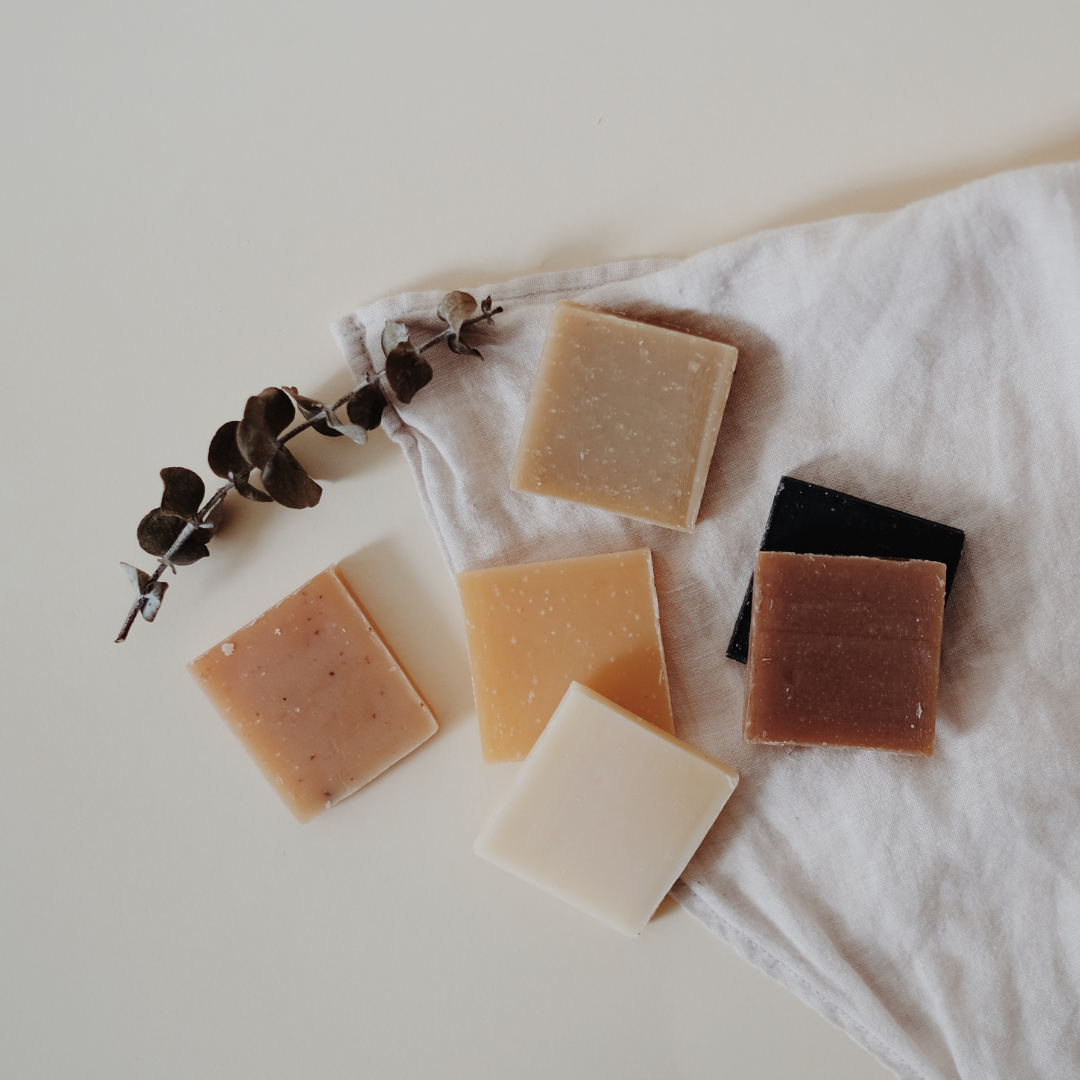
Herbal Remedies for Sinus Infections: Nature's Best Solutions for Clearer Breathing
Who knew that nature’s medicine cabinet holds the answer to sinus relief? Long before the advent of modern medicine, ancient civilizations used herbal remedies to tackle sinus infections and ease congestion. Today, with a renewed focus on holistic health, more people are rediscovering the power of herbs for treating common ailments—including sinus infections. Let’s dive into some of the most effective herbs for sinus relief and how to use them safely.
Why Use Herbal Remedies for Sinus Infections?
One of the best things about using herbs is their gentle yet effective approach, often with fewer side effects than conventional drugs. Many herbs are packed with anti-inflammatory, antiviral, and antimicrobial properties that target sinus congestion, soothe inflamed tissues, and help you breathe easy. Here are some top herbal remedies that can help ease sinus infections naturally.
1. Eucalyptus: The Fresh and Fragrant Healer
Eucalyptus isn’t just pleasant to smell—it’s also a powerhouse for sinus relief. Known for its antiseptic properties, eucalyptus can help shrink swollen nasal passages, allowing you to breathe more comfortably.
How to Use:
Boil eucalyptus leaves in water and inhale the steam to reduce congestion. If you prefer, you can also enjoy eucalyptus in lozenge form. Just remember, a little eucalyptus can go a long way in easing sinus discomfort.
2. Echinacea: The Virus Fighter
Echinacea is renowned for its ability to combat respiratory infections. This herb works by boosting the immune system and fighting off viruses, making it a great ally during sinus infections.
How to Use:
Echinacea is available in capsule form. You can increase the dosage when symptoms are intense, then taper off as you start to feel better.
Note: Avoid Echinacea if you’re allergic to ragweed, as it can cause allergic reactions.
3. Ephedra: The WHO-Recommended Remedy (Use with Caution)
Ephedra, also known as Ma Huang, has been used in traditional Chinese medicine for centuries. Its ability to open up the airways and relieve sinus congestion has even earned it a recommendation from the World Health Organization for treating sinus infections. However, Ephedra can have side effects, so it’s essential to use it under the guidance of a healthcare provider.
How to Use:
Ephedra should only be used with medical supervision. It’s powerful but comes with risks, so consult a healthcare professional before trying this remedy.
4. Ginger: The Anti-Inflammatory Powerhouse
Ginger is well-known for its ability to soothe headaches and reduce inflammation, making it a valuable herb for relieving sinus congestion. Its anti-inflammatory properties can help reduce swelling in the nasal passages, providing relief from sinus pain.
How to Use:
Enjoy ginger in tea form, or take it as a capsule (following dosage directions). You can also add fresh ginger to your meals for an extra health boost!
5. Goldenseal: The Congestion Reliever
Goldenseal is a versatile herb known for its antimicrobial properties. It helps to clear out bacteria and ease congestion, making it an effective remedy for sinus infections. This herb also contains compounds similar to steroids, which help reduce inflammation naturally.
How to Use:
Goldenseal is available in capsule form, or you can make a tea by steeping the dried herb in hot water. This herb is often used as a companion to Echinacea for enhanced immune support.
6. Peppermint: The Soothing Scented Herb
Peppermint’s refreshing aroma is not just a delight for the senses—it’s also a calming agent for inflamed mucus membranes. Peppermint can help open up airways, reduce sinus congestion, and promote clearer breathing.
How to Use:
Steep peppermint leaves in hot water and inhale the steam, or enjoy a cup of peppermint tea. The cooling sensation of peppermint can bring immediate relief to irritated sinuses.
7. Lemon Balm: The Anti-Bacterial Boost
Lemon balm is often used to combat bad breath, but did you know it’s also effective for sinus infections? With its antibacterial and antiviral properties, lemon balm is a helpful remedy for clearing out bacteria and viruses from the sinuses.
How to Use:
Steep lemon balm leaves in hot water for about 10 minutes, then strain and sip. Enjoying a warm cup of lemon balm tea can be a relaxing and effective way to support your sinus health.
8. Licorice Root: The Immune System Supporter
Unlike other herbs where you use the leaves, licorice root is the star of this plant. Known for its immune-boosting properties, licorice root can help your body fight off infection and reduce inflammation in the sinuses.
How to Use:
Licorice root is available in capsule form, making it easy to incorporate into your routine. Choose a high-quality product, and follow the dosage instructions for best results.
Herbal Combinations for Enhanced Relief
Many of these herbs can be combined for enhanced effects. For example, pairing eucalyptus with peppermint creates a powerful steam inhalation that can open up nasal passages and provide soothing relief. You can also combine Goldenseal and Echinacea for a powerful immune-boosting duo.
Final Thoughts: Choosing Natural Relief for Sinus Infections
Herbs offer a gentle, natural approach to relieving sinus infections. They work in harmony with your body, targeting the root causes of congestion and inflammation without the harsh side effects often associated with conventional medications. Whether you’re using eucalyptus for steam inhalation or sipping on lemon balm tea, these herbal remedies are designed to support your body’s natural healing process.
Ready to try natural sinus relief? Experiment with these herbs to see which ones work best for you. Remember, consistency is key with herbal remedies, so give them time to work their magic.
Do you have a favorite herbal remedy for sinus infections? Share your tips in the comments below and let’s inspire each other to breathe easy, naturally!

